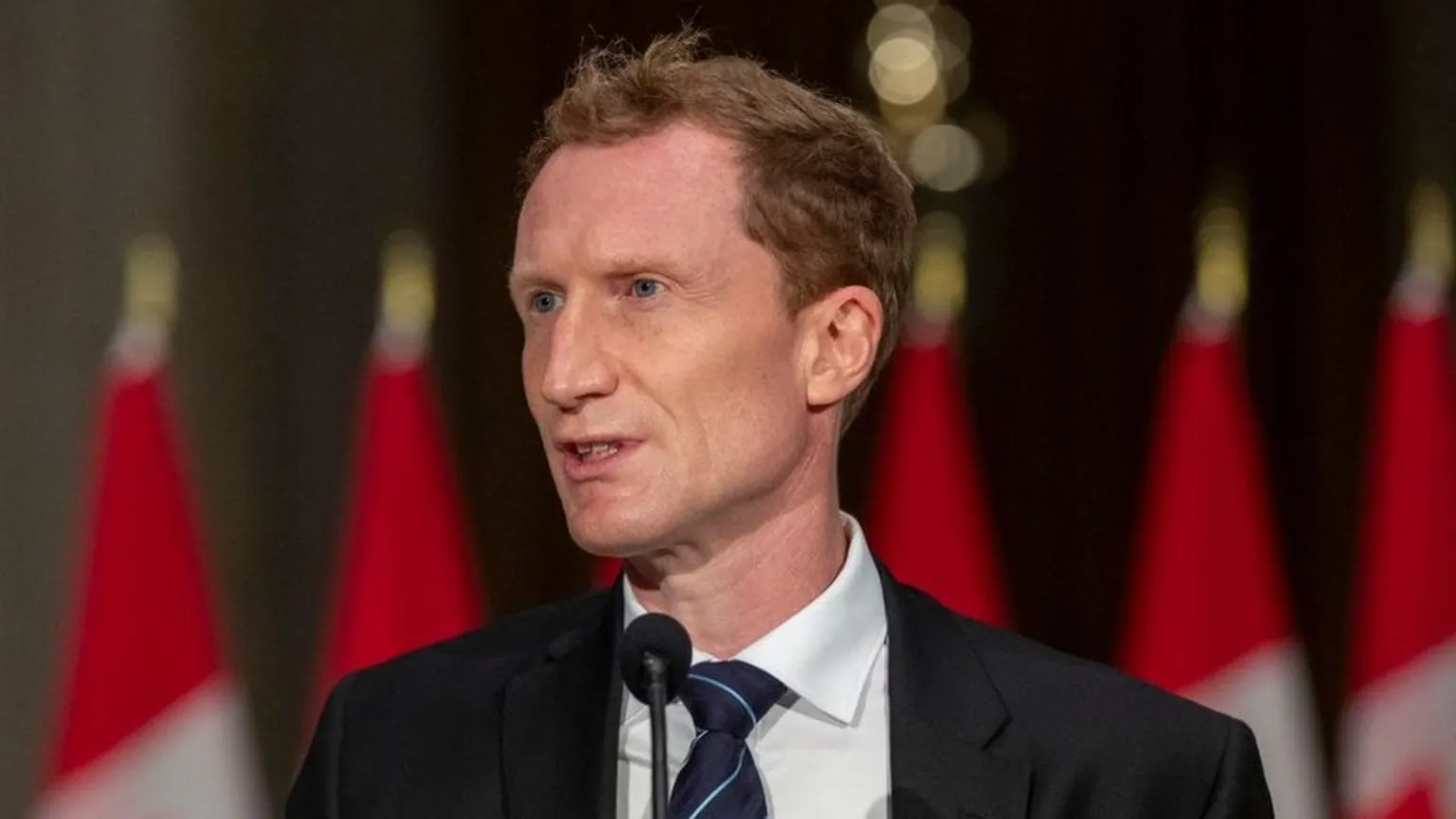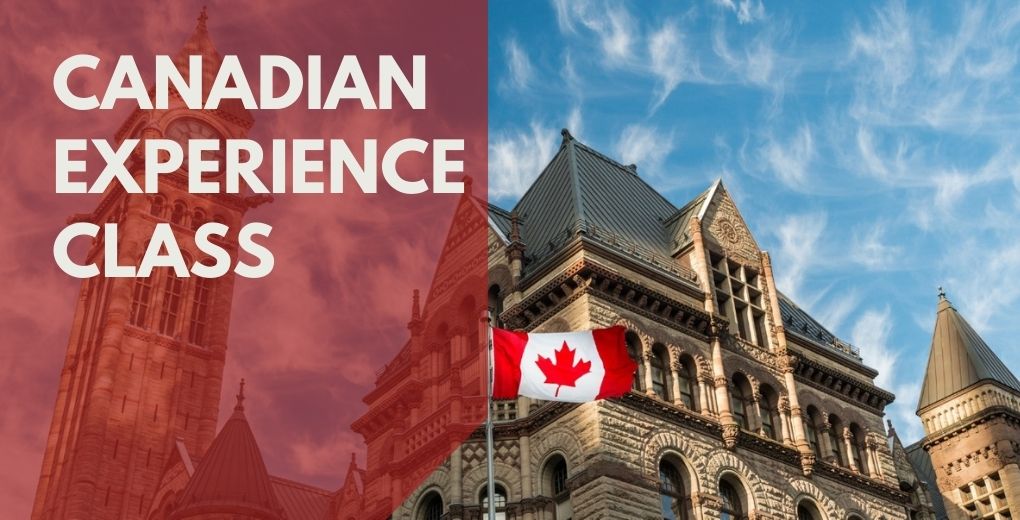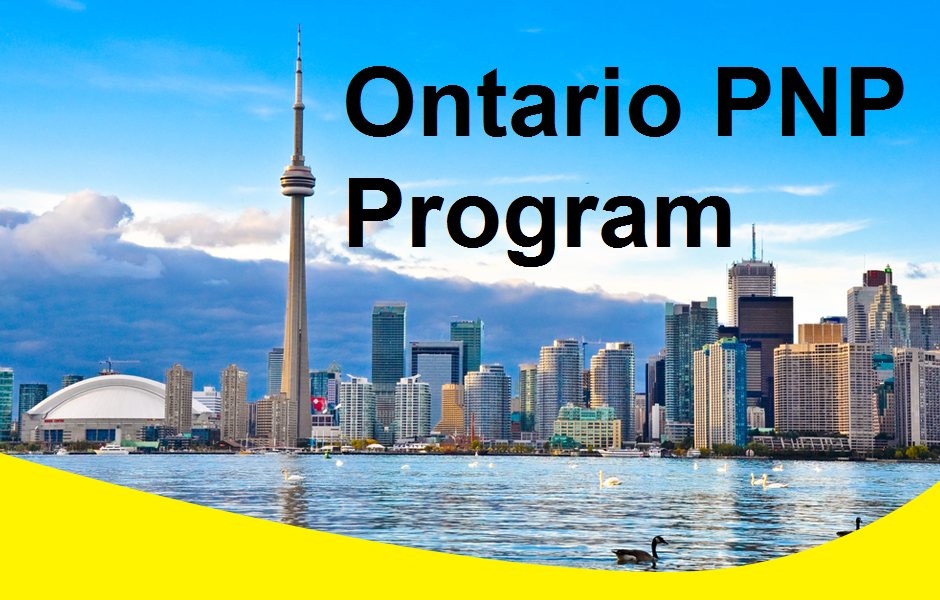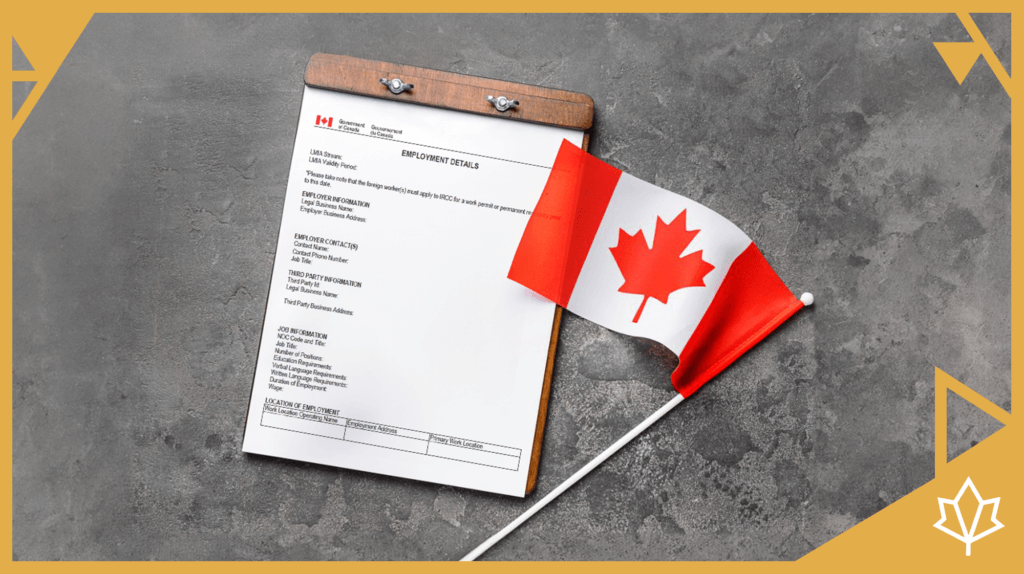Canada is looking at capping the number of international students it admits as the country tries to grapple with an ongoing housing affordability crisis.

Immigration Minister Marc Miller said that the move is to tackle "a system that has gotten out of control".
Nearly one million students were admitted to Canada in 2023, a record high.
Meanwhile, rent for Canadians rose 22% in the last two years, driven by a persistent housing shortage.
In a series of interviews over the weekend, Mr Miller called the volume of international students arriving into Canada "disconcerting".
He added that a cap is needed to reduce the demand for housing, but did not say how much of a reduction the government is considering.
Mr Miller cautioned that reducing the number of students admitted to Canada is not a "one-size-fits-all" solution to the housing crisis, which he noted is also driven by short supply, affordability challenges and rising interest rates.
"It isn't immigrants that raised interest rates, but volume is volume and it's something that we need to look at," he said in an interview with CBC, Canada's public broadcaster.
As the housing crisis persists, political pressure has been mounting on Prime Minister Justin Trudeau to address the issue, including from his chief political rival, Conservative leader Pierre Poilievre.
"Obviously, you need to build homes if you're going to bring in people," Mr Poilievre told reporters on Friday. "And right now, we're not building enough homes."
The issue is a tricky balancing act, as a cap on admissions poses a challenge for Canadian colleges and universities, which rely on higher tuition fees charged to international students for revenue.
The number of foreign students admitted to Canada has skyrocketed in recent years, increasing by more than 193% between 2012 and 2022, according to data released by Canada's immigration ministry.
Those figures are projected to climb higher, with immigration department forecasting a record 1.4 million applications for study permits by 2027 from just under a million in 2023, according to documents obtained by the Globe and Mail newspaper.
In addition to those students, Canada had previously laid out an ambitious target of 1.5 million new immigrants by 2025.
Open immigration has long been a cornerstone of Canadian policy, as the country relies on newcomers to address its rapidly-aging workforce.
The country's population reached a milestone of 40 million in 2023 - an increase driven largely by permanent and temporary immigrants.
At the same time, housing has become increasingly difficult to afford for many. The Canada Mortgage and Housing Corporation - a national housing agency - estimates that the country needs 3.5 million more housing units by 2030 to restore affordability.
Canada has attempted to address the issue in a number of other ways. In 2023, it instated a two-year ban on some foreigners buying homes in Canada.
It also pledged $1bn ($744m; £585m) over three years for its Affordable Housing Fund, which financially supports housing projects across the country.









